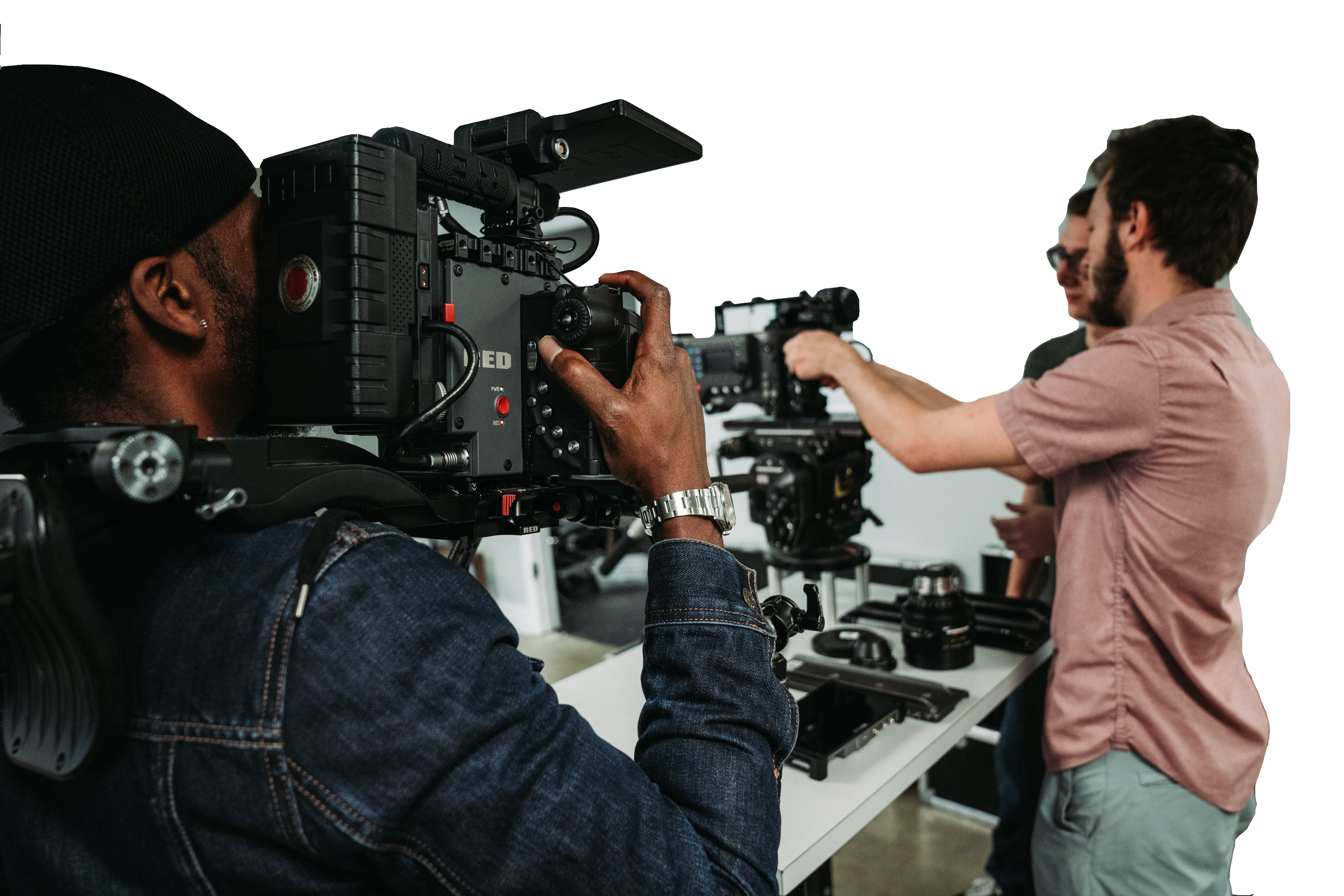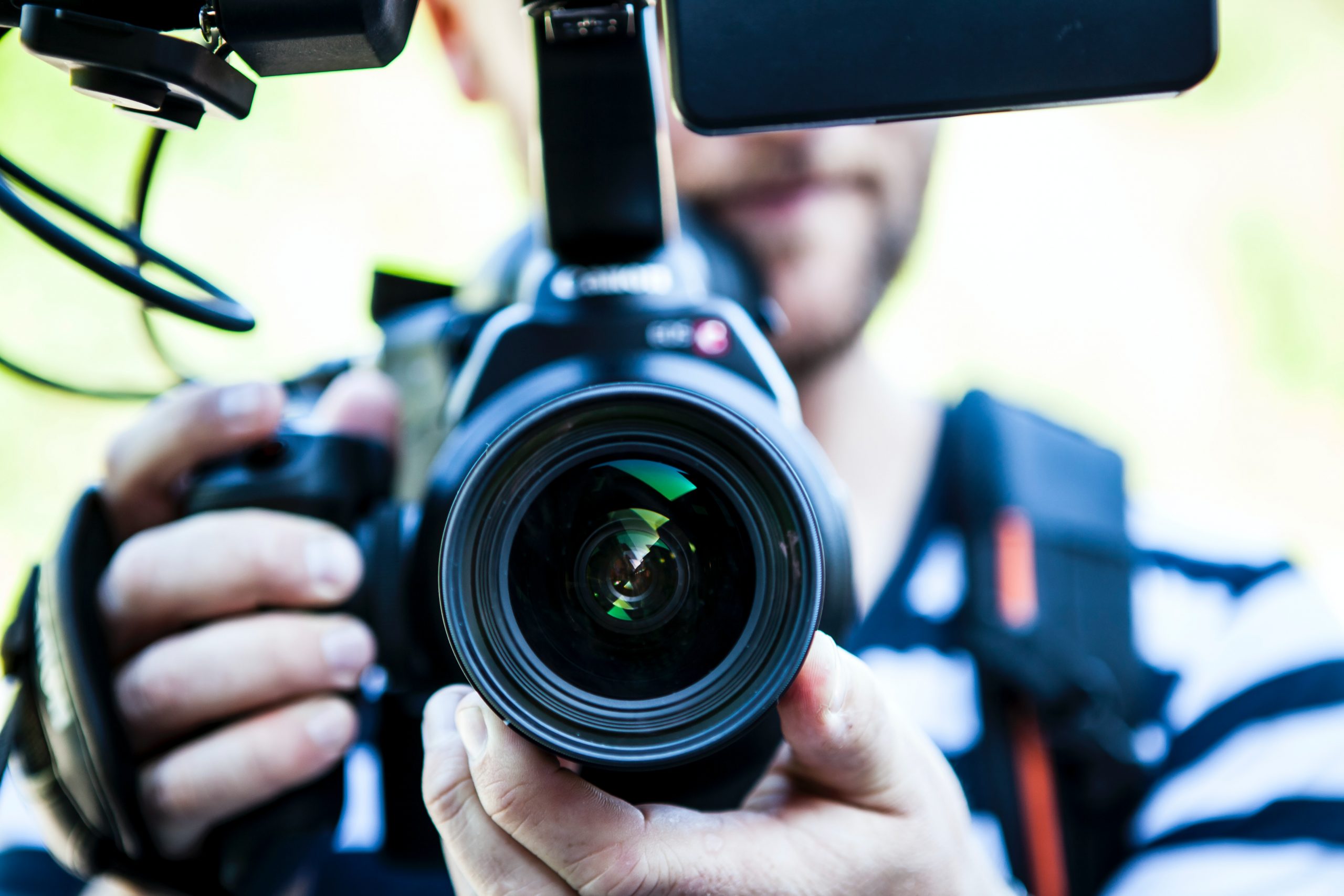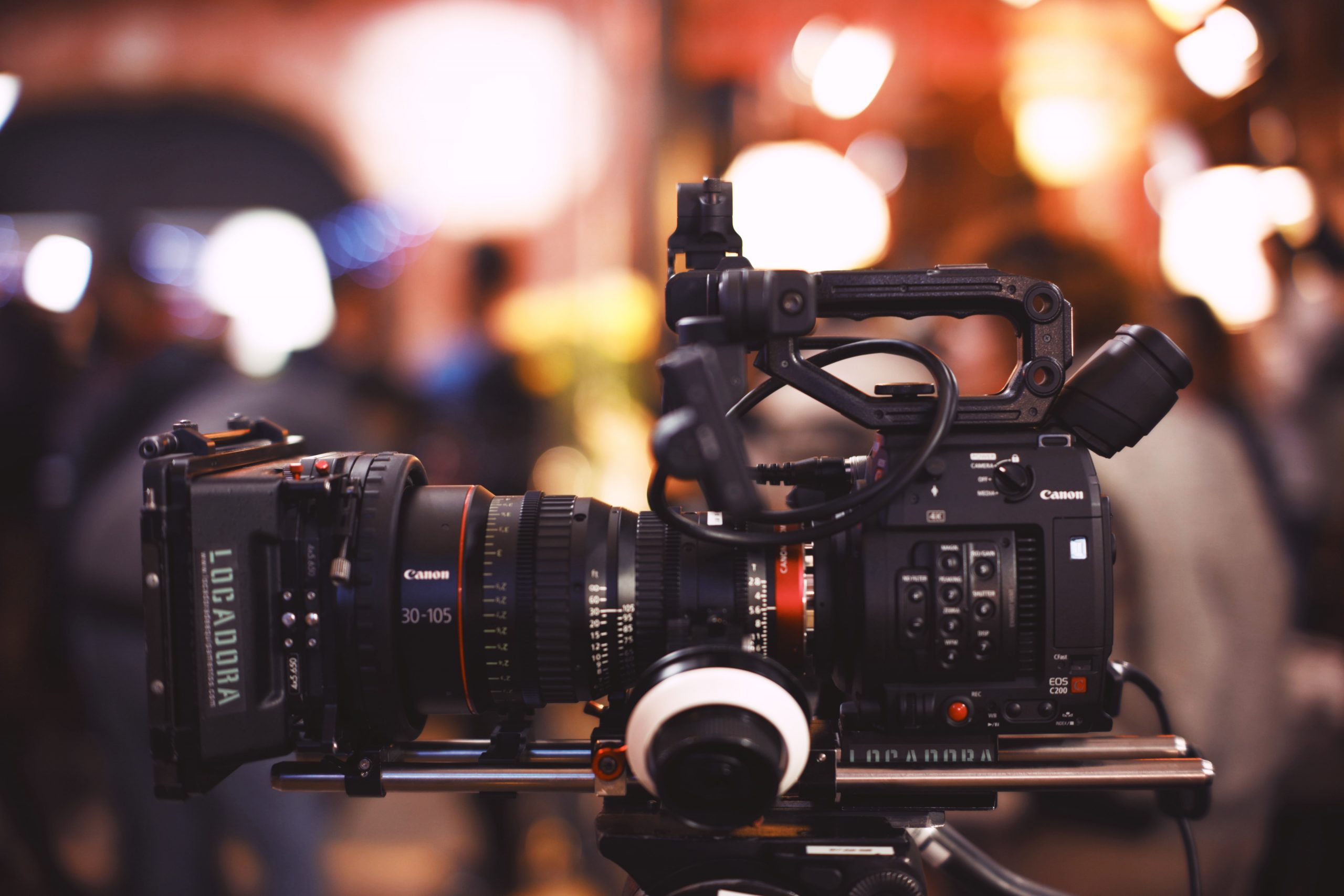Capturing the Moment:
Tips for Working with a Freelance Videographer
Hiring a freelance videographer can be an excellent way to capture important moments and create high-quality video content. Whether you’re a business owner, event planner, or content creator, partnering with a professional videographer can help you achieve your goals and bring your vision to life. But how do you ensure that you get the most out of your collaboration? In this post, we’ll share some valuable tips to help you work effectively with a freelance videographer and achieve the best possible results.
Understanding the Role of a Freelance Videographer
Before you start working with a videographer, it’s essential to understand their role and the type of services they can offer. Most freelance videographers specialize in a particular type of video production, such as event coverage, corporate videos, or promotional content. They may also have specific skills and expertise in areas like cinematography, editing, or motion graphics. When selecting a videographer, make sure their skills and experience match your needs and goals.
Another critical factor to consider is the equipment and tools the videographer uses. Professional videographers typically have high-end cameras, lighting equipment, and audio gear to ensure the best possible quality. They may also use specialized software and hardware for editing and post-production. Ask the videographer about their equipment and make sure it’s suitable for your project.
Finally, collaboration and communication are essential when working with a freelance videographer. A good videographer will take the time to understand your vision, goals, and expectations. They should also be able to provide guidance and suggestions based on their expertise and experience. Communication throughout the entire process is crucial to ensure that both parties are on the same page and that the final product meets your expectations.
Preparing for the Shoot
Once you’ve selected a videographer, it’s time to start preparing for the shoot. This involves setting goals and objectives, creating a shot list, scouting locations, and securing permits and permissions if necessary.
Setting goals and objectives is essential to ensure that the video aligns with your overall vision and purpose. This can include identifying the key messaging, target audience, and desired outcomes for the video. Creating a shot list is also critical, as it ensures that everyone is on the same page about what shots need to be captured. Scouting locations can help identify any potential issues with lighting, sound, or logistics. Finally, securing permits and permissions is essential if you’re filming in public spaces or using copyrighted material.
Managing the Shoot
During the shoot, it’s essential to stay on schedule and coordinate with other vendors and participants. This involves establishing a schedule and timeline for the day, providing clear instructions to the videographer and other participants, and adapting to changes and challenges as they arise. It’s also important to ensure that the videographer is capturing footage that aligns with your vision and that the overall quality and consistency of the footage are maintained.
Wrapping up the Shoot
After the shoot, the videographer will likely review footage and files and begin the editing process. It’s essential to provide feedback and critique on the initial footage and ensure that the final product aligns with your vision and goals. Finalizing deliverables and distribution involves deciding on the format and platform for the video and ensuring that it’s delivered to the appropriate channels and audiences.
Conclusion
Partnering with a freelance videographer can be an excellent way to achieve high-quality video content and capture important moments. By understanding the role of a videographer, preparing for the shoot, managing the shoot effectively, and wrapping up the shoot, you can ensure that you get the most out of your collaboration and achieve the best possible results.


Freelance Videographer
Owner / Operators with gear
Interviews, testimonials, remote camera crew
Small 1-4 person crews
Fast paced, multi-talented, jack-of-all trades to get fast projects done with minimal expenses
More Details
Videographers focus on smaller productions like documentaries, live events, short films, legal depositions, weddings, birthday parties, sports events, commercials, and training videos.
For smaller productions, a videographer often works alone with a single-camera setup or with a small team of light technicians and sound technicians.
How much should you pay for your videographer? It really depends on what you’re looking for – but expect to pay between $700/day on the low end to $2500/day on the higher end + rental costs for the gear you’re wanting.
What does rental cost?
LensProToGo and BorrowLenses are great online rental places to get an idea for the gear rental costs may be. Expect $200-500/day for gear depending on whether you only need the basic DSLR or a Red – plus lenses, tripod or gimbal – lights (or 3, 4, 5?) – laptop to transfer footage – etc… All those pieces of gear add up to your “kit fee”. Don’t worry – most videographers include a basic kit that’s actually much less than renting all of the pieces in the kit individually – and you don’t have to actually rent it – they bring it all and manage it all.

Freelance Director of Photography (DP)
Experienced and Professional
TV Commercials, Corporate Video Production, Web Streaming Series, Feature Films
Medium to large crews: 2-9 people
High stakes projects, they have their own style of work, ample previous sample work, and they ensure a consistent "look" in the end video.
More Details
A DP is responsible for capturing their style, look, or feeling into the video project. They are often hired because of their unique approach to visual storytelling and filming – and the company hiring them want to ensure the quality of their video lives up to a higher standard of work than merely hiring a freelance videographer. This is not a knock against a freelance videographer – they just have different skillsets.
They are experts in their field.
A DP focuses on achieving a specific look – and the specific lighting and movement it takes to achieve said look. They typically spend years (or decades) training to develop their style and they often work with camera operators, 1st AC, 2nd AC, grip and gaffers to light the scenes the way they need to achieve those looks. That’s why they are often used more-so on larger productions. Smaller video production projects with smaller crews often don’t have a budget for just a DP.
Some DP’s will also operate a camera if budget is tight – so you can have a DP / Director / Shooter – but they will almost certainly require at a minimum of a dedicated assistant or 1st AC to help with the technical side of their technical duties with high end cinema cameras.

Freelance Director (or Producer)
Support when you need it
Talent or Client Interface, Shoot Organizer
Small to Large Projects Alike. Large projects may have multiple of these roles
These are the people that bring everything together and keep everything moving smoothly
More Details
Depending on a director’s goals, a good film director has a function that helps push that goal into reality. For example, a director might work exclusively with actors whereas a producer helps coordinate the entire project.
On smaller projects, a director may be directing everything going on that day.
In most cases, a good director will always prep the client (on corporate video projects) and prep the talent. They’ll review the plans, the goals for the shoot, the script or potentially questions (if doing a testimonial, interview, or talking head).
They will run through the plan for the shoot – the flow of things – including alternative plans if things don’t go as planned.
This verbal runthrough is like a dressrehearsal or test to ensure everyone feels comfortable on-set.
Even small corporate talking-head type projects or customer testimonials will still appreciate a director who walks the talent through a little rehearsal to remind them of how things will go.
In the beginning – a director can be brought in to help plan a project and can suggest a good DP (director of photography) or crew they’ve worked with.
A good director will see your project all the way through to the end – and even when sideballs come flying – they’ll calmly make sure the talent, client, and everyone involved get what they need.
How do you find a great videographer?
The best freelance videographer is the one who not only understands how to tell a story, but also how to tell a story visually.
Top Quality Talent
We hand pick and interview every camera crew that we recommend on this platform. Only a small percentage make it on Freelance Videographer .net
Creative Camera Crews
Whether you need just a freelance videographer or a full camera crew – we’ve got the talent to bring your project to life
24/7 Crews
We’ve got crews ready to cover your stories at all times of the day.
Nationwide - USA & Canada
Whether your project is in Alaska or Atlanta, Nova Scotia or British Columbia, we’ve got someone. Many of our partners are not listed, message us.